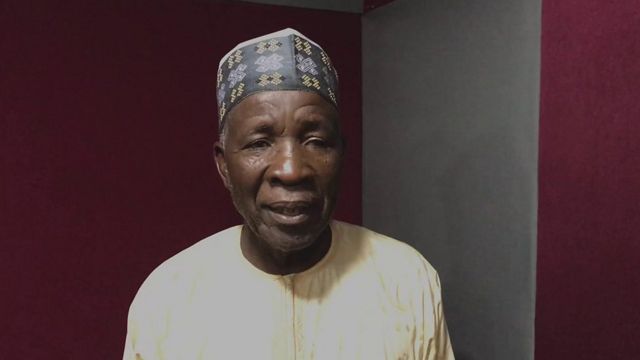The President of Libya’s Presidential Council, Mohamed Younis Al-Menfi, addressed the United Nations General Assembly on Thursday, emphasizing the importance of national sovereignty, unity, and stability in his country. Libya has been divided between two competing administrations for over a decade, following the overthrow of former leader Muammar Gaddafi in 2011.
In his speech, Al-Menfi represented the internationally recognized Government of National Unity, expressing the Libyan people’s hope for a stable and prosperous future. He described Libya as a nation rich in natural resources, with a cohesive society and young people who have tremendous potential to build a modern state. Al-Menfi stressed that Libya is not a zone for fighting or a place to settle scores, but rather a nation that deserves to be built on a foundation of stability and democracy.
The Libyan leader acknowledged the challenges and threats facing his country, but insisted that the Libyan people firmly believe they can overcome any obstacles. He warned that past failures and broken trust have adversely affected the trust of Libyans in proposed solutions, and that any solution that does not restore national ownership of the political track would be destined to fail.
Al-Menfi presented a clear political vision based on four pillars, including fully restoring national sovereignty and rejecting all forms of foreign interference. He also emphasized the need to unite Libya’s sovereign institutions, particularly its security, defense, and financial institutions, according to professional mechanisms without polarization or quotas. The final pillar concerns ending the current transitional period based on a new constitution, through free and fair elections that allow Libyans to choose their leaders without external influence.
Despite the challenges, Al-Menfi noted that the authorities have maintained a high level of stability and prevented a relapse into violence. He stressed that the blood of the Libyan people is a red line, and that the territorial integrity, sovereignty, and social cohesion of Libya are non-negotiable. The UN has proposed a roadmap that would lead to general elections and a new unified government within 12-18 months, and Al-Menfi emphasized the importance of UN support in overcoming the crisis and achieving stability and democracy in Libya.



![fa cup fifth round: nine teams advance after weekend FA Cup: Nine teams qualify for fifth round [Full List]](https://mediatalkafrica.com/wp-content/uploads/2026/02/xFA-Cup-Fifth-Round-Nine-Teams-Advance-After-Weekend-1024x660.jpg.pagespeed.ic.R9RZlnRvDD.webp)